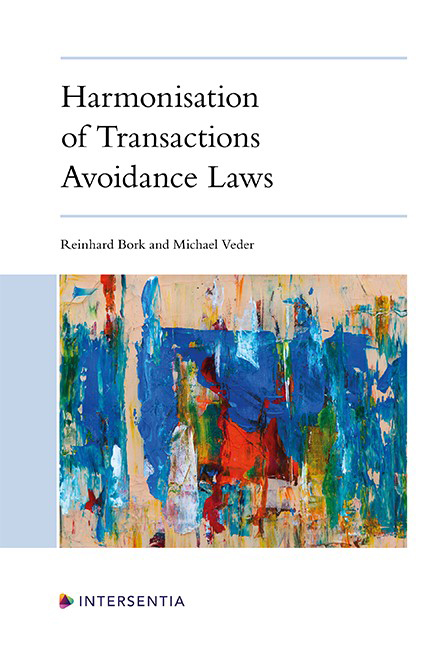United Kingdom
Published online by Cambridge University Press: 26 May 2022
Summary
The first thing to note is that of course the UK is no longer an EU Member State. Therefore, it is not subject to an implementation obligation in respect of any EU Directives or other legislative instruments or recommendations emanating from an EU source. Nevertheless, the UK government has said that it wishes to maintain and deepen civil judicial cooperation internationally through both continued adherence to existing multilateral treaties, conventions and standards, and through engagement with international bodies that develop new initiatives in this field.
In this connection, one might note the experience with the EU Restructuring Directive which EU Member States are obliged to implement, but the implementation date was after the UK leftthe EU. Nevertheless, changes to UK corporate restructuring and insolvency law have been carried out in the Corporate Governance and Insolvency Act 2020. These changes bring UK law more or less into conformity with the Restructuring Directive (and also Chapter 11 of the US Bankruptcy Code) and the changes envisaged by the Restructuring Directive. These changes were first heralded in a UK Insolvency Service consultation A Review of the Corporate Insolvency Framework published in May 2016, and before the Brexit referendum.
The main thrust of the Model Law recommendations are in line with UK law, though there are differences in detail of vulnerability. Moreover, UK law focuses more on the actions and intentions of a debtor than does the Model Law recommendations and pays relatively less attention to the knowledge and position of a recipient/counterparty. Moreover, and not surprisingly the legislative language is rather different. For instance, the recommendations refer to congruent transactions and implicitly distinguishes between congruent and incongruent transactions. There distinctions are not explicitly mirrored in the UK with the use of that precise language. The recommendations also use the expression “lapse in enrichment ”, whereas the UK practice is to refer to a change of position defence. The underlying sentiment is likely the same, however, and underlying results largely the same.
Therefore, the recommendations are in line with the broad contours of existing UK law though the details may differ.
- Type
- Chapter
- Information
- Harmonisation of Transactions Avoidance Laws , pp. 501 - 502Publisher: IntersentiaPrint publication year: 2022

